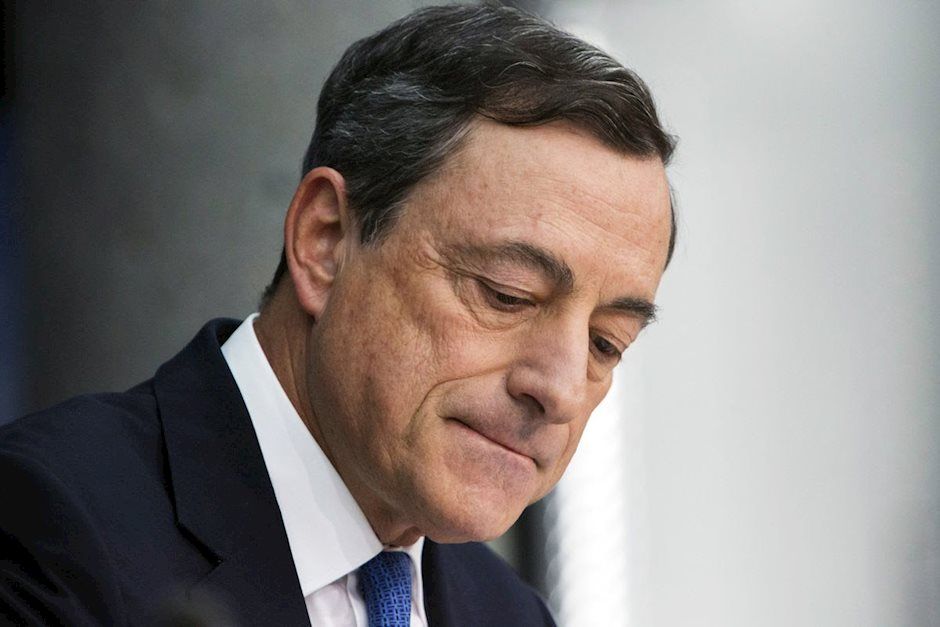ECB Minutes: Easing bias to drop in March – Capital Economics

The account of the ECB’s January meeting suggests that the Bank will drop the easing bias from its policy statement as soon as the next meeting on 8th March, but gives few signals as to when asset purchases will end, explains Stephen Brown, European Economist at Capital Economics.
Key Quotes
“While the ECB made no changes to its policy or forward guidance in January, the previous meeting’s minutes had suggested that the Bank would “revisit” its forward guidance “early this year”. The latest minutes repeat this and add that “some members expressed a preference for dropping the easing bias”.”
“However, it was also noted that “recent volatility in the exchange rate of the euro was a source of uncertainty” for price stability. And as this meeting was held before large falls in equity prices earlier this month, policymakers may well have become more concerned about financial conditions since then. Meanwhile, there were no signs that the three options for the asset purchase programme (APP) beyond September mentioned by Mario Draghi at January’s press conference – a sudden stop, a gradual taper to zero or another extension – were discussed.”
“In all, given policymakers’ desire to alter their communications “gradually”, we think it is most likely that the Bank will remove its bias in favour of increasing the APP at the next meeting on 8th March. And it may give a clearer indication of what will happen to the APP after September at the June meeting. Ultimately, we see the ECB tapering its purchases to zero over the final three months of the year and, with inflation set to rise only gradually, waiting until September 2019 to raise interest rates.”
Author

Sandeep Kanihama
FXStreet Contributor
Sandeep Kanihama is an FX Editor and Analyst with FXstreet having principally focus area on Asia and European markets with commodity, currency and equities coverage. He is stationed in the Indian capital city of Delhi.

















